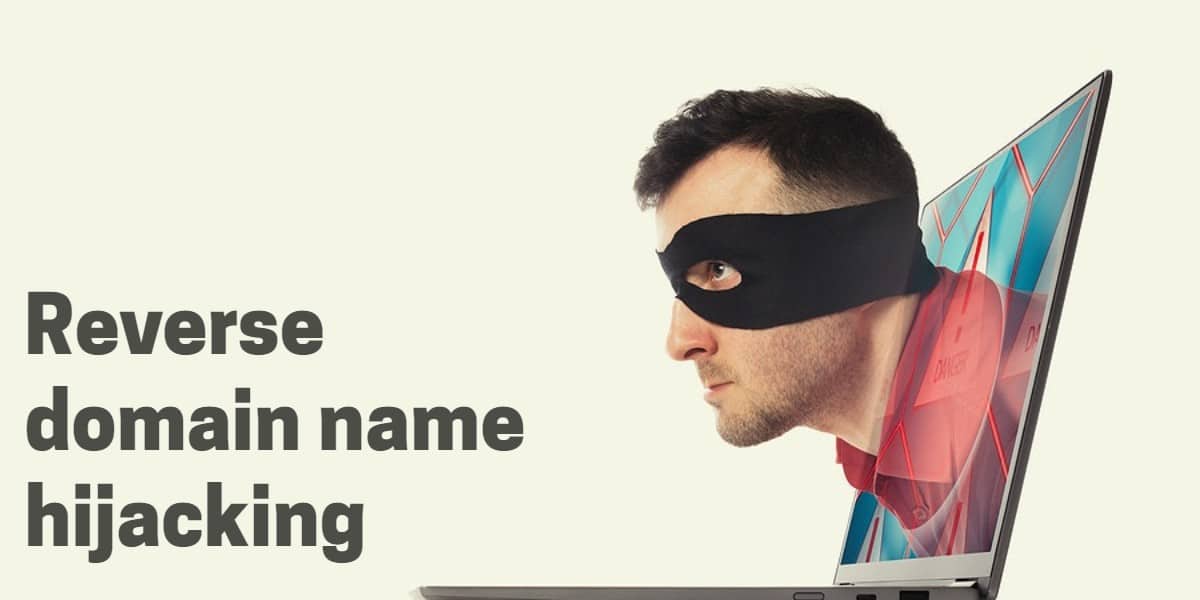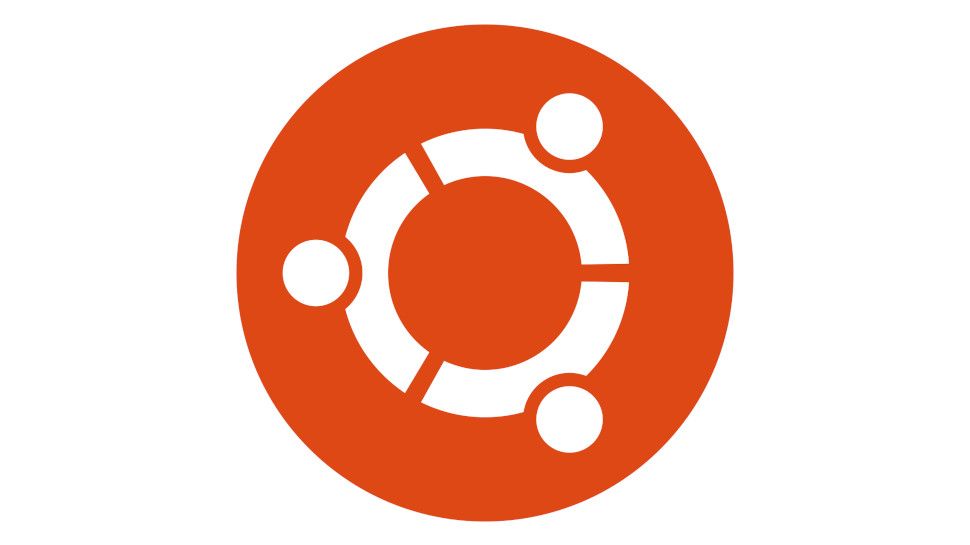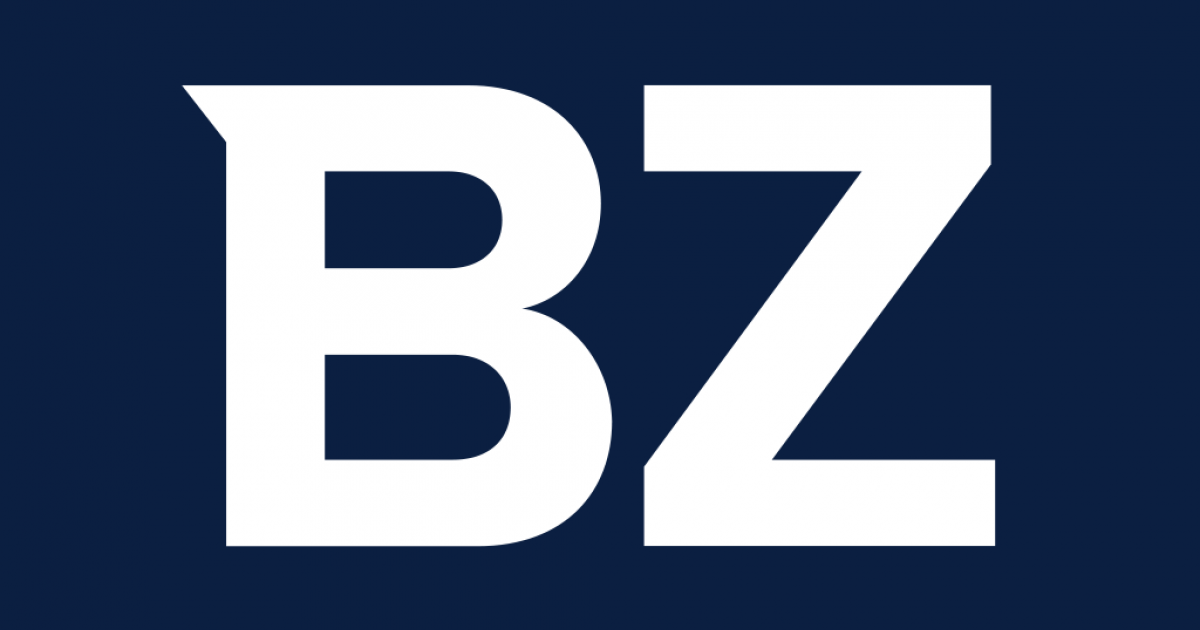[ad_1]
Complainants can (and sometimes should) withdraw their cybersquatting disputes after learning the domain owner’s identity.
A World Intellectual Property Organization panelist has found Levio Consulting Inc. to have engaged in reverse domain name hijacking (RDNH) over the domain name Levio.com.
The decision highlights an important aspect of UDRP since the EU’s General Data Protection Regulation (GDPR) went into effect. When filing a UDRP, it’s possible that the Complainant won’t know the identity of the domain name owner because the Whois record is obscured or has Whois privacy. This can make it difficult to know when the domain owner acquired the domain and if they have a legitimate reason to own it. But the identity of the domain owner is revealed post-filing, and the Complainant has the opportunity to amend or withdraw its complaint.
In the case of Levio.com, the Complainant probably knew that the current owner of the domain is the same one it tried to buy the domain from starting 2015. In fact, it states that it made several offers to the domain owner “on numerous occasions.” The domain owner states that it was clear to the Complainant in all of those cases that it was dealing with the same entity, which registered the domain before the Complainant had any registered rights in the trademark.
But even if the Complainant thought it was dealing with a new owner who acquired the domain after Levio got trademark rights, it knew for sure this wasn’t the case after it filed its UDRP and WIPO revealed who the domain owner was. At that time, Levio Consulting could have withdrawn its dispute.
In finding reverse domain name hijacking, panelist Assent Alexiev wrote:
Even if the identity of the present registrant of the disputed domain name was not readily apparent due to the use of more than one privacy services, the Complainant was made aware that this was still the Respondent on February 23, 2021, when it received the communication by the Center with the registrant and contact information disclosed by the Registrar. Being made aware that the identity of the registrant of the disputed domain name has not changed, and knowing that the website at the disputed domain name has never targeted the Complainant or its LEVIO trademark, the Complainant should have appreciated that it would not be able to prevail on the issue of bad faith under of the Policy, and should have withdrawn the Complaint. Instead, it chose not to amend the Complaint and kept it addressed only against the privacy service offered by the Registrar.
Reinhart Boerner Van Deuren s.c. represented Levio Consulting in the dispute. The domain owner was self-represented.
Post link: This RDNH highlights a key aspect of cybersquatting disputes in a GDPR world
© DomainNameWire.com 2021. This is copyrighted content. Domain Name Wire full-text RSS feeds are made available for personal use only, and may not be published on any site without permission. If you see this message on a website, contact editor (at) domainnamewire.com. Latest domain news at DNW.com: Domain Name Wire.
[ad_2]
Source link




